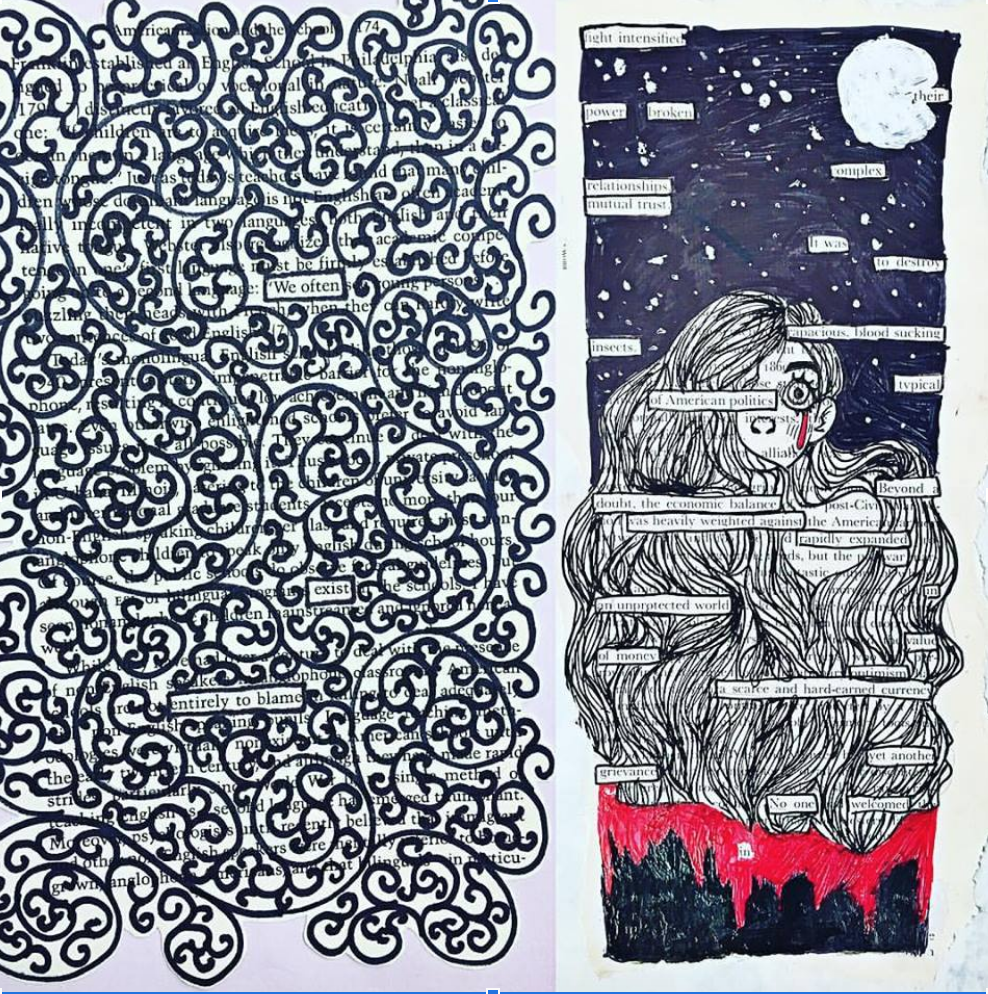Pulitzer Center Update April 24, 2019
Top 5 Lesson Plans for National Poetry Month

Poetry can help us connect global events with our personal lives, empathize with people affected by crises the world over, and turn our emotional responses to current events into action. April is National Poetry Month in the U.S., and to celebrate, we're offering up our top 5 poetry-based lesson plans. What's more, we have two student poetry contests open for entries until May 20, 2019! Read on for more details.
1. Fighting Words: Poetry in Response to Current Events [Workshop & Contest]
How can poetry be an effective response to current events? How can we use poetry to connect global issues with our local and personal contexts? This contest asks students to write a poem that includes lines from the Pulitzer Center news story of their choice, amplifying under-represented voices while making their own voices heard. In the workshop, students will explore a documentary and a poem written in response to it, and will use this as a model for their own writing. Through May 20, Pulitzer Center education team members are available to facilitate this workshop in-person or via Skype: email us to schedule a visit!
Contest details: Open to all K-12 students in the U.S. and internationally. Winners receive cash prizes up to $100 and publication. Poems must contain at least one line from a Pulitzer Center news story; there are no other formal restrictions. The deadline is May 20, 2019, 11:59 pm ET. For complete guidelines and instructions on how to enter, click here.
2. Ekphrastic Poetry: Writing in Response to Images [Workshop & Contest]
How can you use poetry to illuminate the many possible interpretations of an image, and/or to give voice to your own interpretation? How can powerful photography and poetry, together, be used to make personal connections with global issues and to highlight the world's under-reported stories? In this workshop, students write ekphrastic poems based on powerful photography from global news stories. Through May 20, Pulitzer Center education team members are available to facilitate this workshop in-person in the DC/MD/VA metropolitan area: email us to schedule a visit!
Contest details: Open to all K-12 students in the DC / Maryland / Virginia metropolitan area. Poems must be written in response to one of the photos included in the workshop guide to be eligible for this contest; there are no other formal restricutions. Winners receive a certificate of achievement, publication, and an invitation to perform their poem for a full house at the Pulitzer Center's annual conference at the National Press Club. The deadline is May 20, 2019, 11:59 pm ET. For complete guidelines and instructions on how to enter, click here.
3. Blackout Poetry for Thematic Connections to News and Literature
Through the visual deconstruction of texts and creation of poetry, students experiment with the ways in which words can inspire visual imagery; they also forge a personal connection with global stories while making thematic connections among texts. In this lesson, designed by Winston-Salem, NC educator Pamela Henderson-Kirkland, students explore stories about the experiences of Indigenous communities in North America; the lesson plan can be adjusted to focus on the thematic content of your choice.
4. Addressing Taboos Through Afghan Poetry
How can poetry be a tool for resistance and liberation? In this lesson, students explore landais, a short form of poetry used primarily by Pashtun women to speak openly about taboo topics, and find out more about the women who create them. In the process, students challenge their own ideas about Afghanistan and its people and consider the ways in which they can use this artform to open dialogues about important issues in our own communities.
5. The Power of Poetry
This lesson introduces two journalism projects that feature poetry as a way of exploring how poems can communicate information. First, students will explore a project about Afghan women addressing taboos through anonymous landai poetry. Then, they will explore a multimedia documentary poetry project by poet Kwame Dawes and filmmaker Andre Lambertson about people living with HIV/AIDS in Haiti.
